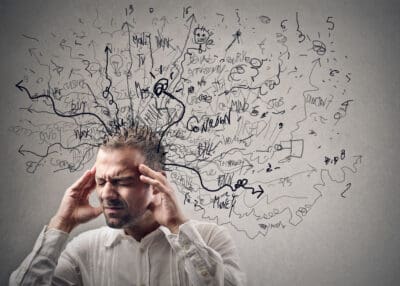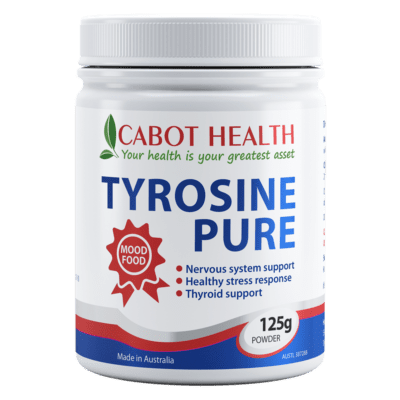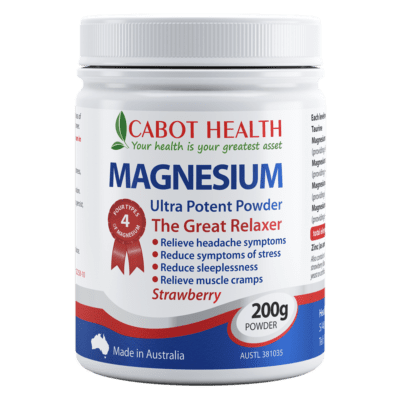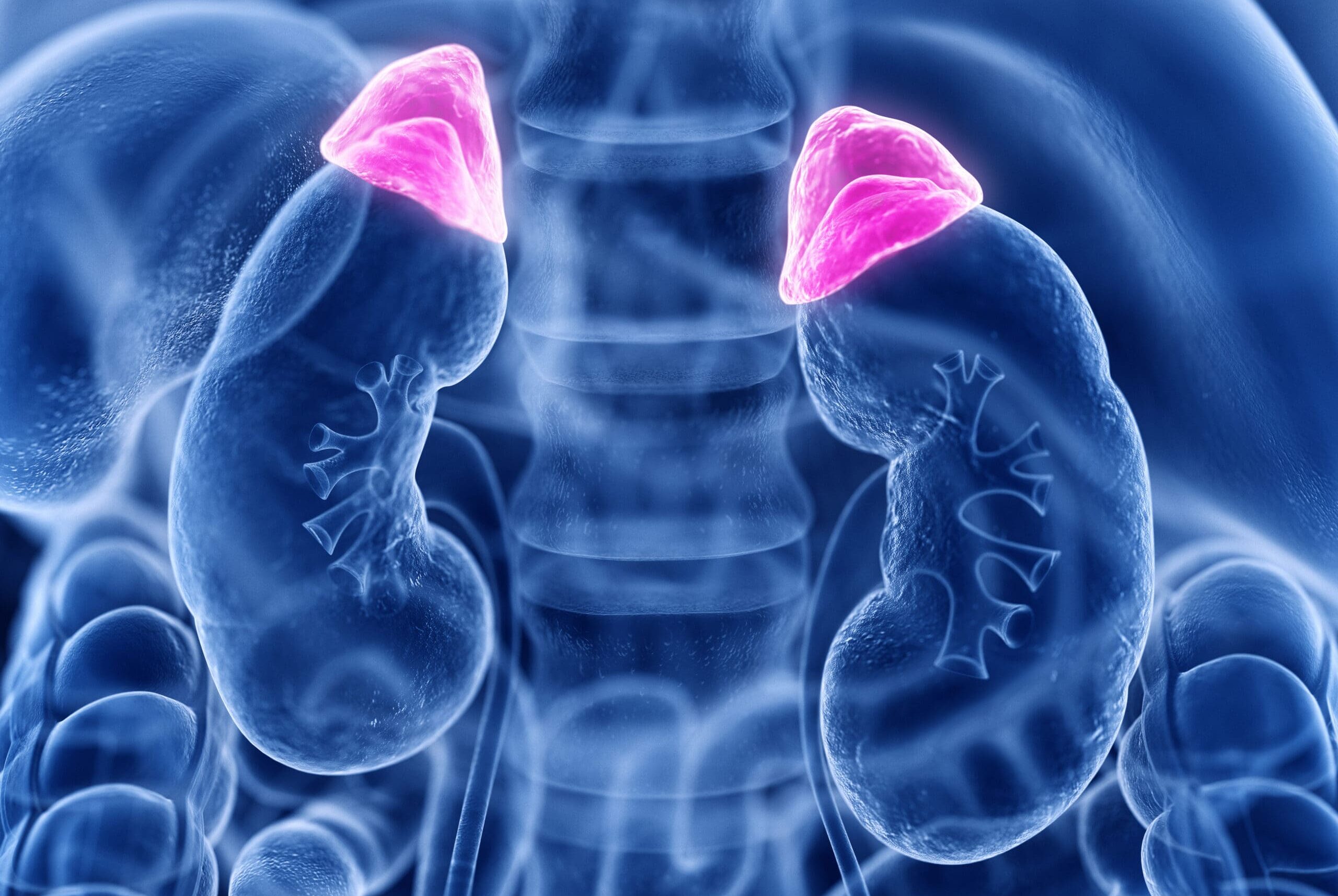Adrenal gland exhaustion can cause poor quality sleep
By naturopath Margaret Jasinska
Do you suffer from poor quality sleep and morning fatigue? Is your sleep light and restless, leaving you feeling unrefreshed in the mornings? Have you considered that your adrenal glands may be responsible?
Getting deep, restful sleep is so important for overall health, energy, and a positive mental outlook. Many health problems could be significantly improved if only a person was able to achieve quality sleep.
Unfortunately, there are numerous factors that can interfere with sleep quality; stress is a major one but nutrient deficiencies, hormone imbalances, gut and liver conditions and immune system disorders can significantly impair sleep. Adrenal gland dysfunction is another culprit you may not have thought of.
Your adrenal glands sit on top of your kidneys and secrete several hormones. One of them is cortisol. Cortisol is commonly thought of as a stress hormone. We do release excess cortisol if we have been stressed for some time, but cortisol has several other functions in our body. It helps to support the immune system and it is involved in metabolism, particularly blood sugar control.
Your adrenal glands release the hormone cortisol in a cyclical pattern; levels are supposed to be highest around 7:30 am and lowest between midnight and 4 am.
High cortisol levels in the morning are supposed to get you up and moving, feeling energized and motivated to face a new day. During the evenings low cortisol helps you to wind down and relax. Many people have disrupted cortisol secretion and some people produce insufficient cortisol.
If you have been stressed for some time, it is likely your adrenal glands have been pumping out high levels of cortisol. If this scenario continues for long enough, you are at risk of developing adrenal gland exhaustion. This is a condition where cortisol becomes lower than ideal but not low enough to classify as Addison’s disease. Usually the cortisol level is consistent all day and night, rather than the high in the morning and low in the evening pattern. Sometimes another adrenal gland hormone called DHEA is also too low.
Symptoms of adrenal gland exhaustion
You may experience some or all of these symptoms:
- Chronic fatigue
- Unrefreshing sleep
- Anxiety and/or depression
- Foggy head/poor concentration
- Sugar and/or salt cravings
- Low-stress tolerance and feeling easily overwhelmed
- Excessive sensitivity to cold weather
- Poor circulation
- Fluid retention
Adrenal gland exhaustion can disrupt your sleep
Cortisol plays an important role in stabilising your blood sugar level. During the night, you go without food for at least 8 hours. Cortisol is supposed to ensure there is enough glucose in your bloodstream to keep your metabolism going throughout the night. People with low cortisol are prone to suffering from hypoglycaemia during the night.
Your brain is usually heavily reliant on glucose, and if it can’t access enough glucose throughout the night, you may wake up. Some people wake up several times during the night and find it difficult to get back to sleep. For other people, they don’t wake up sufficiently to be consciously awake; they just have a very light and restless sleep and eventually wake up in the morning feeling exhausted and like they had no sleep at all.
Many people manage their poor sleep by eating a small snack comprised of some carbohydrate and protein just before going to bed. This can certainly help some people to sleep more soundly, but I prefer treating the adrenal gland exhaustion so that your adrenals are healthy enough to control your blood sugar effectively through the night, helping you to stay asleep.
Tips for healthy adrenal glands

Stress and anxiety are the biggest enemies of your adrenal glands. Stress is sometimes unavoidable, and sometimes we are stuck in a very difficult situation in life. However, long-term stress is very destructive to your health and it is vital to find ways to manage it. Exercise, meditation and counselling are all effective ways some people manage stress. If anxiety is an issue for you, you may find help in the book Help for Anxiety and Depression.

Your adrenal glands are heavily reliant on vitamin C. Most of the vitamin C in your body actually gets stored there. Even if you eat lots of fruit and vegetables, it can be difficult to ingest sufficient vitamin C if you’re living with chronic stress because it will get used up quickly. Vitamin C competes with glucose for absorption into cells, so people with elevated blood sugar are prone to vitamin C deficiency.

It may be useful to have a very small snack just before bed. Eating too much before bed can disrupt sleep quality, so make sure the snack is only around 3 or 4 mouthfuls of food. Suitable examples include almond butter or tahini spread on an apple wedge or half a banana. Or you could have a small amount of nut butter or avocado spread on a gluten-free cracker. A boiled egg with an apple wedge is another option.

Tyrosine is an amino acid that can help you manage your stress more easily. Your brain uses this amino acid to produce the neurotransmitters dopamine and noradrenaline. They are required for good concentration, good mood, motivation and stress-coping abilities. Tyrosine can help you feel less stressed; therefore, less pressure will be placed on your adrenal glands.

Magnesium has a reputation for being “the great relaxer” because it really is. It helps to relax your muscles and nervous system, helping you to wind down at bedtime. It may also help you keep a level head and not overreact to stressful situations during the day.









Leave A Comment